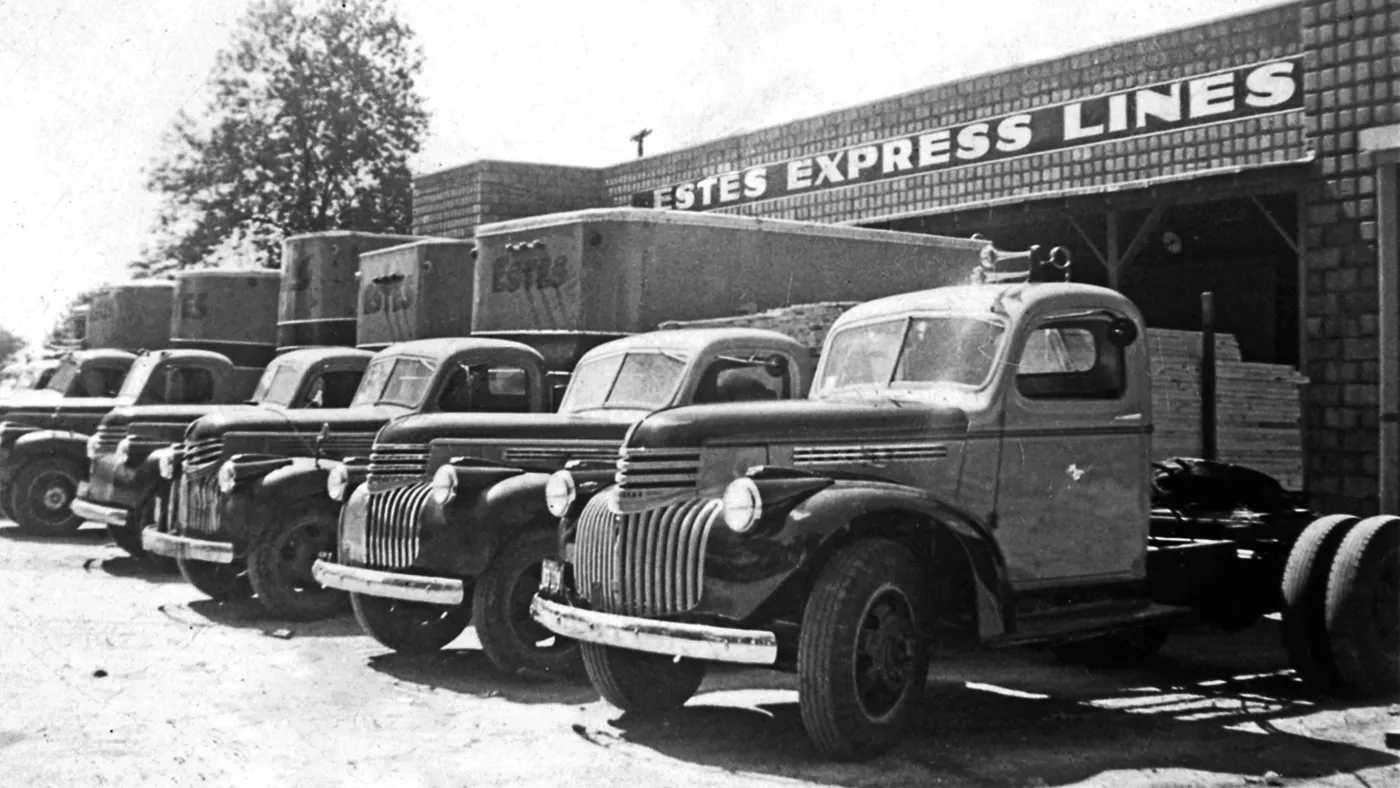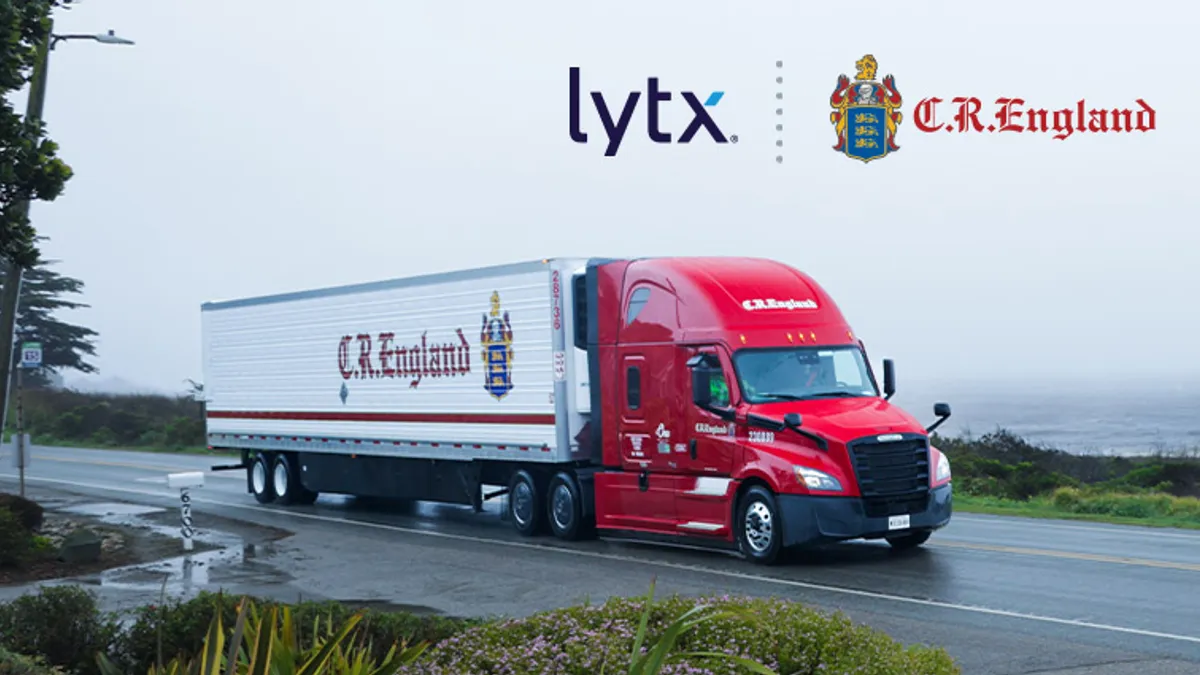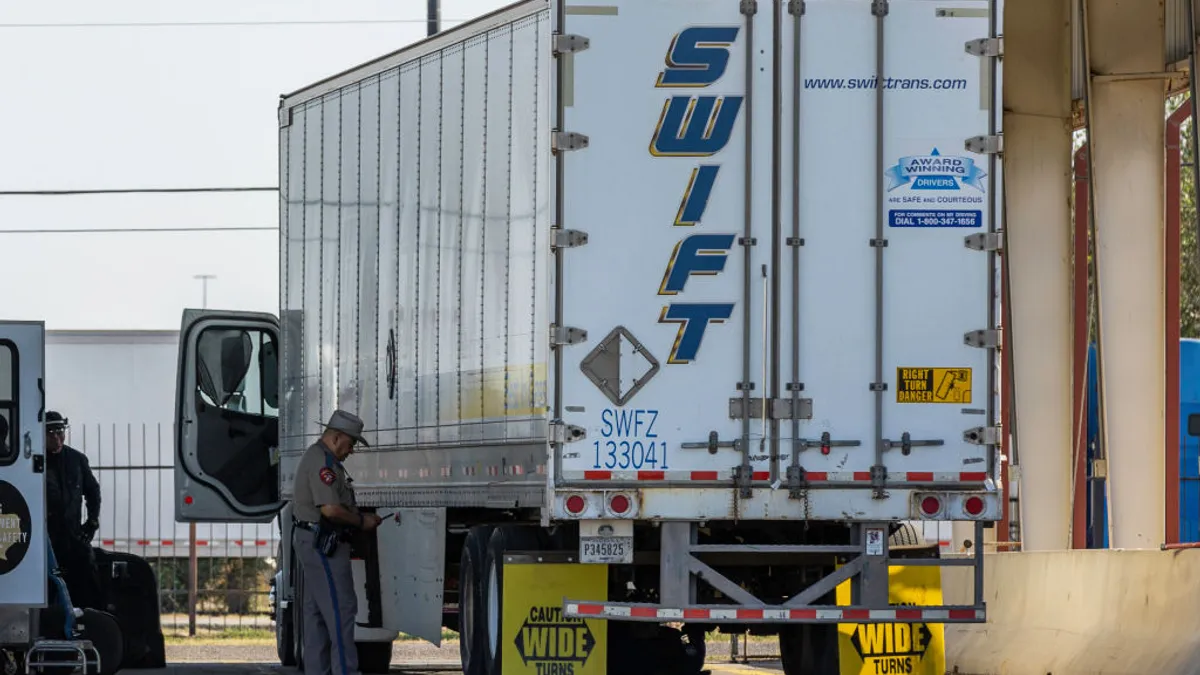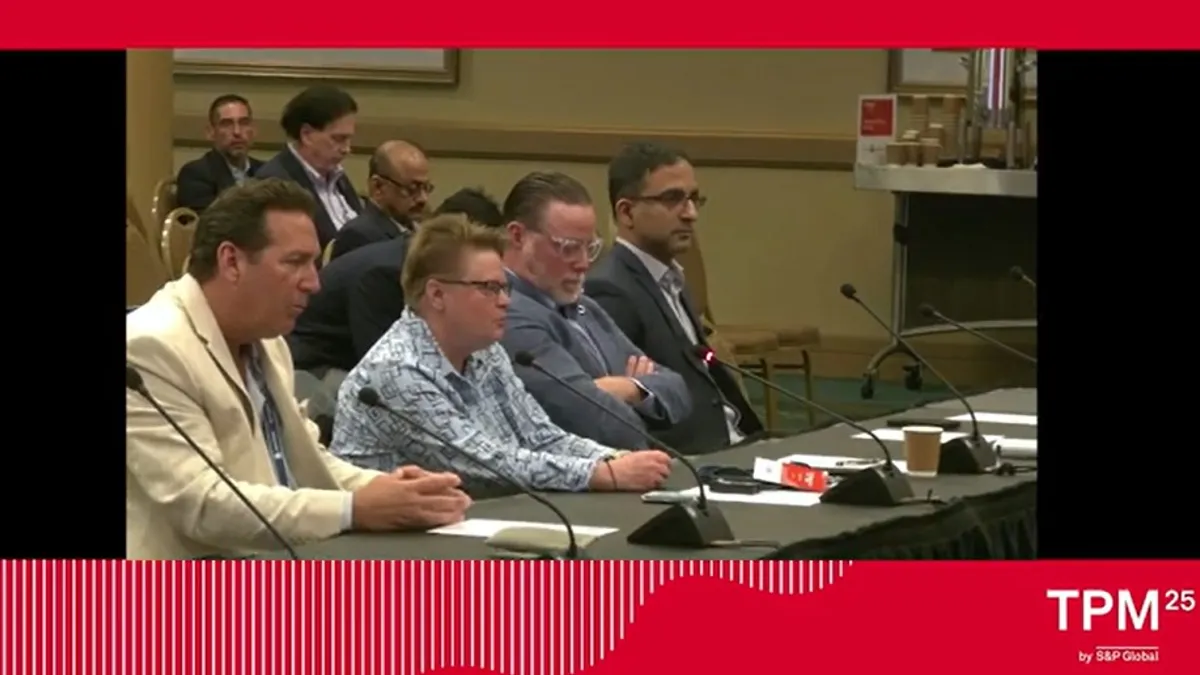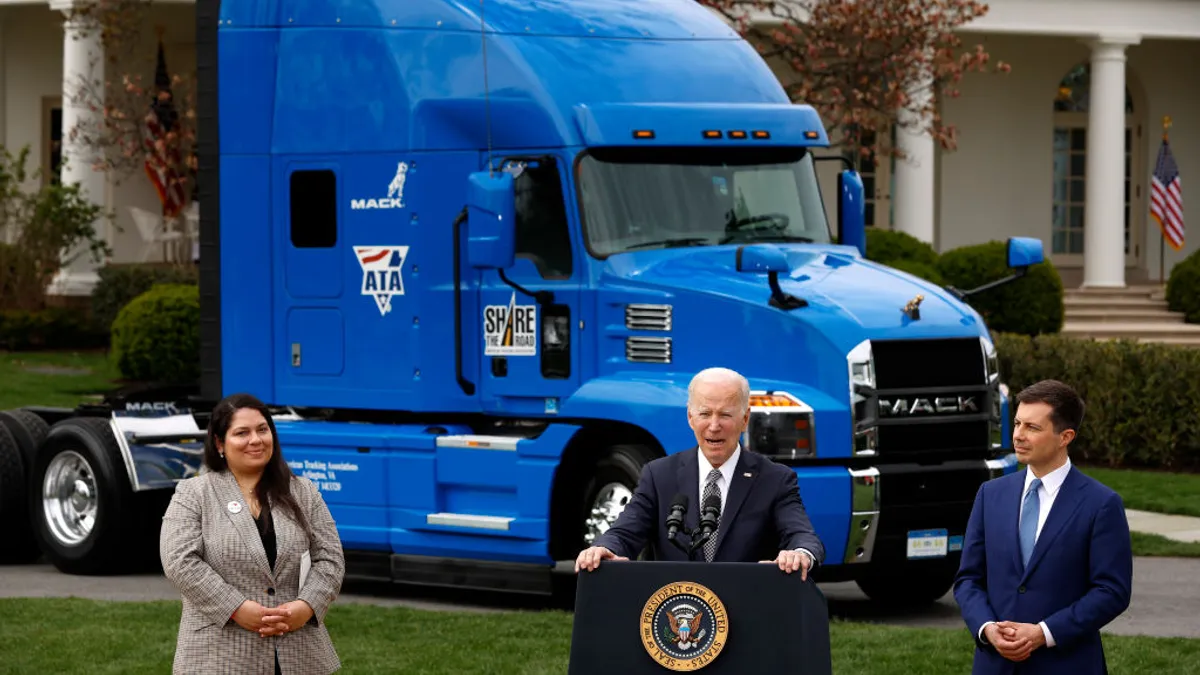When J. Harwood Cochrane, husband and wife Lillian and Earl Congdon Sr., and W.W. Estes each founded family trucking enterprises in the 1930s, the companies hauled eggs, milk, livestock and other agricultural products.
Over the past century, Cochran’s Overnite Transportation Co., the Congdons’ Old Dominion Freight Line and Estes Express Lines have evolved alongside their customers and freight mix. The carriers — all once based in Richmond, Virginia — added trucks, workers and facilities as they developed into three of the nation’s top LTL providers.
“As Virginia's economy grew, the opportunity for them to grow their business grew right along with it, because so many industries depended on them,” said P. Dale Bennett, president and CEO of the Virginia Trucking Association.
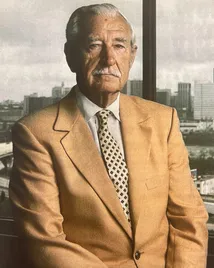
The carriers’ Richmond roots played a key role in their success as scores of their competitors went out of business. The nearby Norfolk port provided freight, and Interstate 95 connected the companies to customers all along the East Coast.
The historic U.S. logistics hub served as a springboard for the companies, positioning them to compete among a handful of giants that now control most of the market share in a multi-billion-dollar trucking sector.
“Richmond has been a great place for us to bring talent and for people to grow in the company,” said William “Billy” Hupp, Estes vice chairman and executive vice president. “Richmond as a whole has certainly supported that growth.”
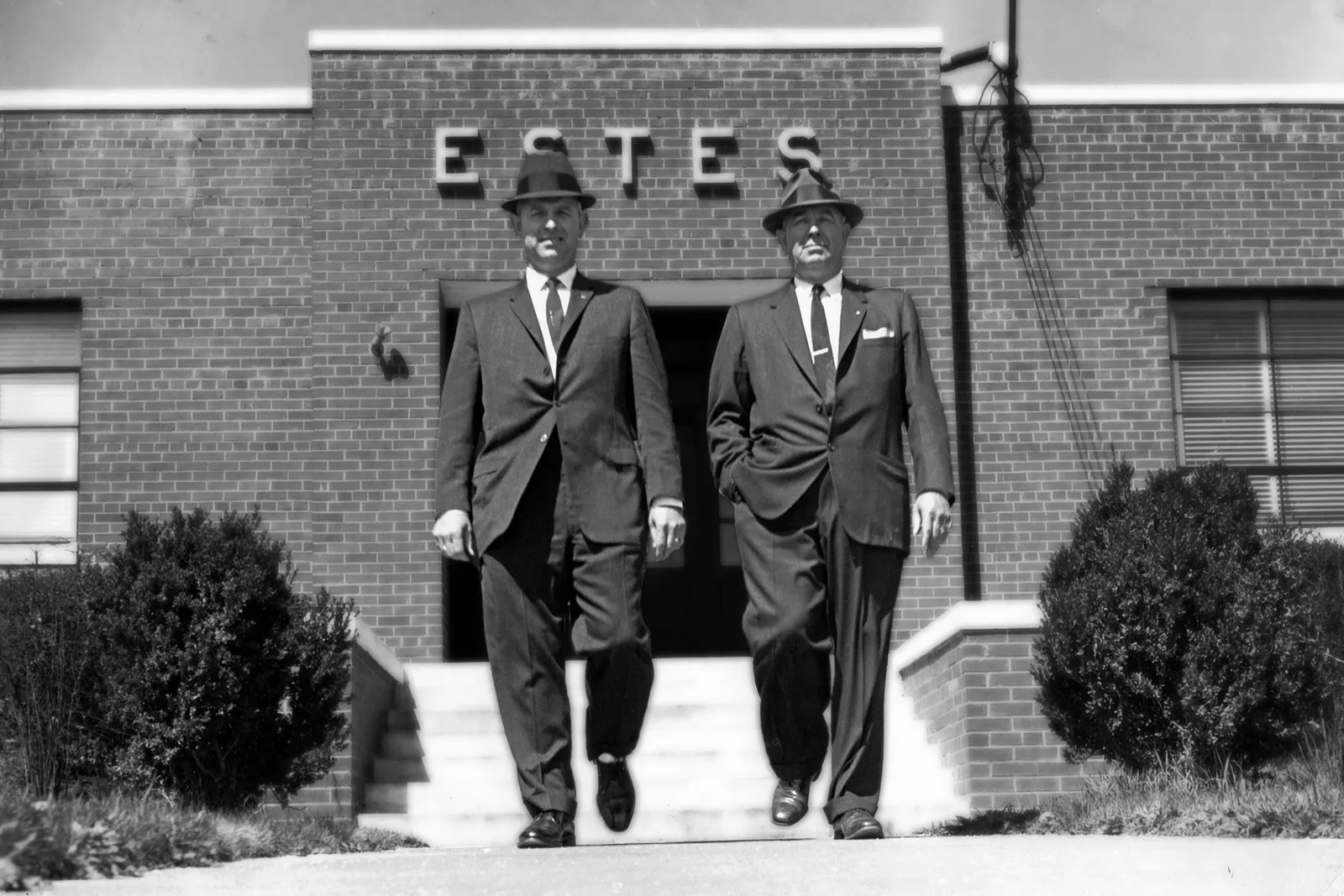
Doing business ‘the old fashioned way’
None of the family companies initially set out with dreams of LTL dominance.
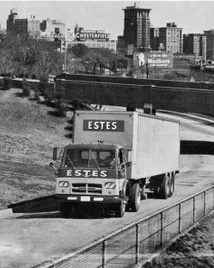
All of them, however, hauled multiple customers’ freight to multiple locations. Their companies expanded through real estate acquisitions and M&A, creating the nationwide terminal footprints required to be players in a segment with a high barrier to entry.
“Some of these things were not strategically thought out,” LTL expert Satish Jindel said. “They were just dealing with the situation at the moment and keeping the business going and feeding your family.”
Inextricably intertwined by their shared trade and Virginia beginnings, the founding families helped each other’s businesses grow while competing for freight and talent.
Cochrane mentored Robey Estes, who succeeded his father in running Estes Express Lines in 1953. As Overnite outgrew facilities, it sold them to the growing Estes business, Hupp said. The relationship allowed Estes to acquire Overnite’s former home office and Richmond terminal.
In 1954, Estes hired away Old Dominion’s only salesman, Pete Woodlief, for $140 per week, according to “Helping the World Keep Promises,” an Old Dominion corporate history.
“He left us, went with Estes, and did a marvelous job of taking Old Dominion freight over to Estes Express over the next several years,” said Earl Congdon Jr., who succeeded his father in running the company alongside his mother and brother, Jack.
An opportunistic mindset still guides Estes, which tends to ditch freight mix strategy and adapt as needed when demand shifts.
The carrier also has seized on Richmond’s renaissance as a food destination, harnessing the city’s cultural renewal to recruit talent for its facilities.
“We go about our business the old-fashioned way ... being opportunistic,” Hupp said.
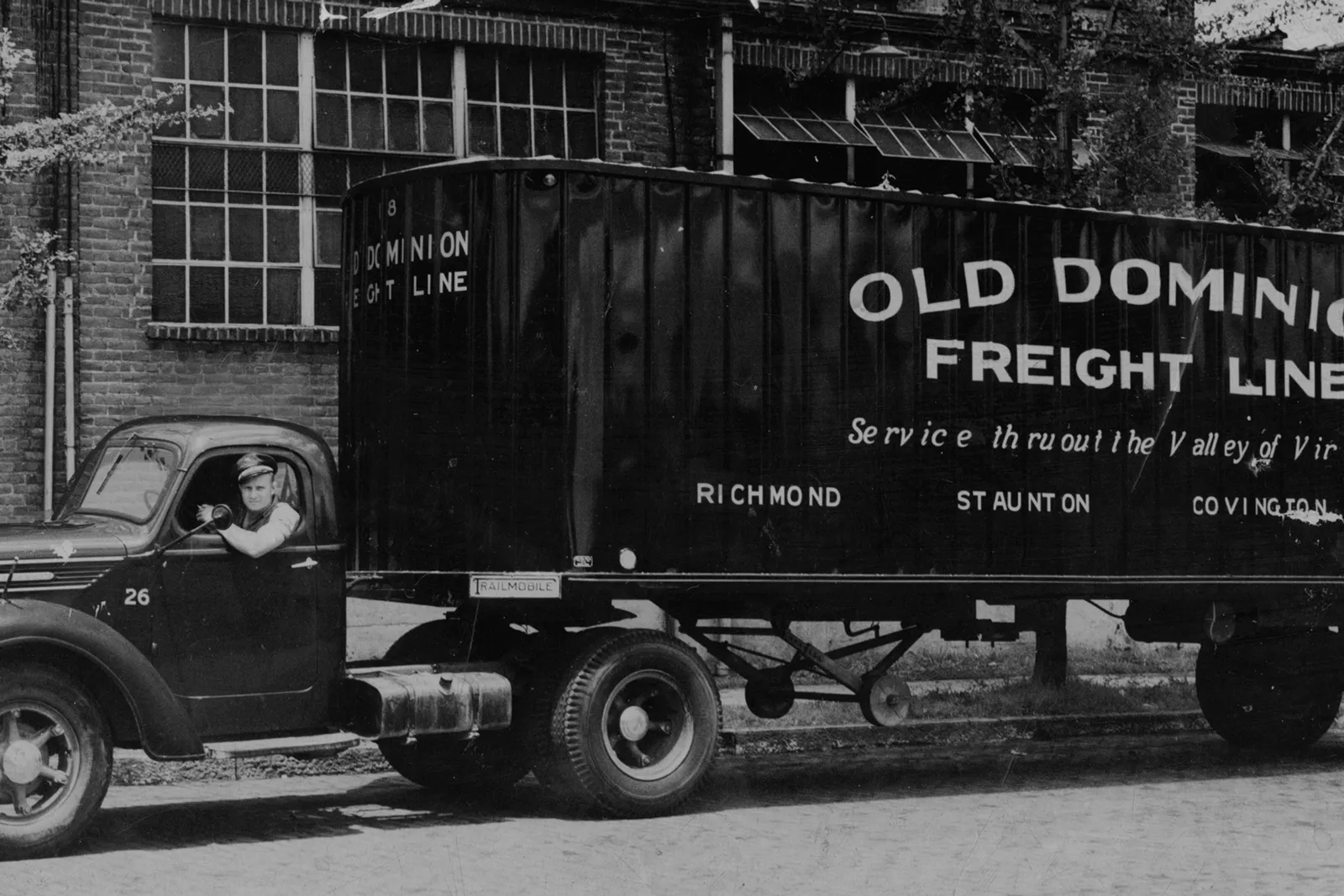
Family-owned and non-union
Jindel credits Overnite, Old Dominion and Estes’ success and longevity to another geographic advantage. The city’s distance from International Brotherhood of Teamsters strongholds, he said, enabled the families to successfully keep the union from organizing their workforces.
“The unions were very heavy up in Pennsylvania, New Jersey, Detroit, Ohio,” Jindel said. “[Being in Richmond] helped them stay non-union.”
Overnite, once the largest non-union carrier in the country, saw its employees eventually join the Teamsters after the company’s acquisition by UPS in 2005. UPS changed the name to UPS Freight before selling the business in 2021 to Canada-based TFI International, which renamed it TForce Freight.
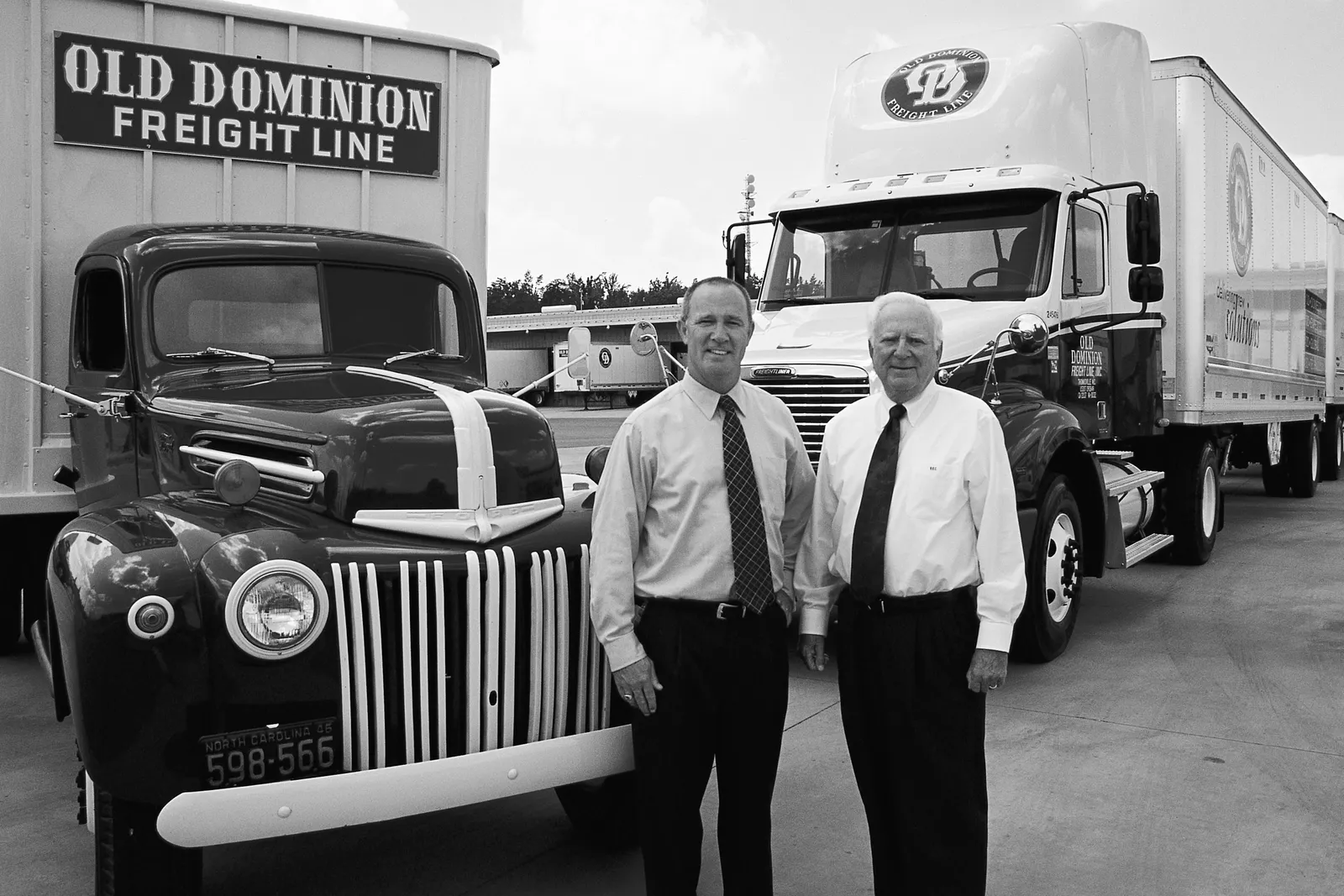
The carriers’ founding families, like many business owners, prided themselves on taking care of their employees, which they believed negated the need for a union. But they also feared the financial consequences of unionization.
After Old Dominion acquired Bottoms-Fiske Truck Lines in North Carolina in 1959, the Congdon brothers met with Bottoms-Fiske workers to persuade them not to join the Teamsters, according to the corporate history.
When that didn’t work, Earl Jr. — shaking with fear and carrying a .38 caliber revolver for protection — personally drove the first truck across a picket line, according to the corporate history. Old Dominion sent Richmond drivers to help haul the freight, and the family responded to intimidation with threats of their own.
“We certainly aren’t going to fire men who ducked bullets and dynamite for us, just to hire back those who were shooting the bullets and throwing the dynamite,” Earl Congdon Jr. told a reporter as the strike dragged on in 1960, per the corporate history.
In a moment of corporate solidarity, during a strike at Estes, Cochrane sent Overnite drivers to help his fellow Richmond trucking fleet continue serving its customers, Hupp said.
“They bonded together and helped each other survive,” Hupp said.
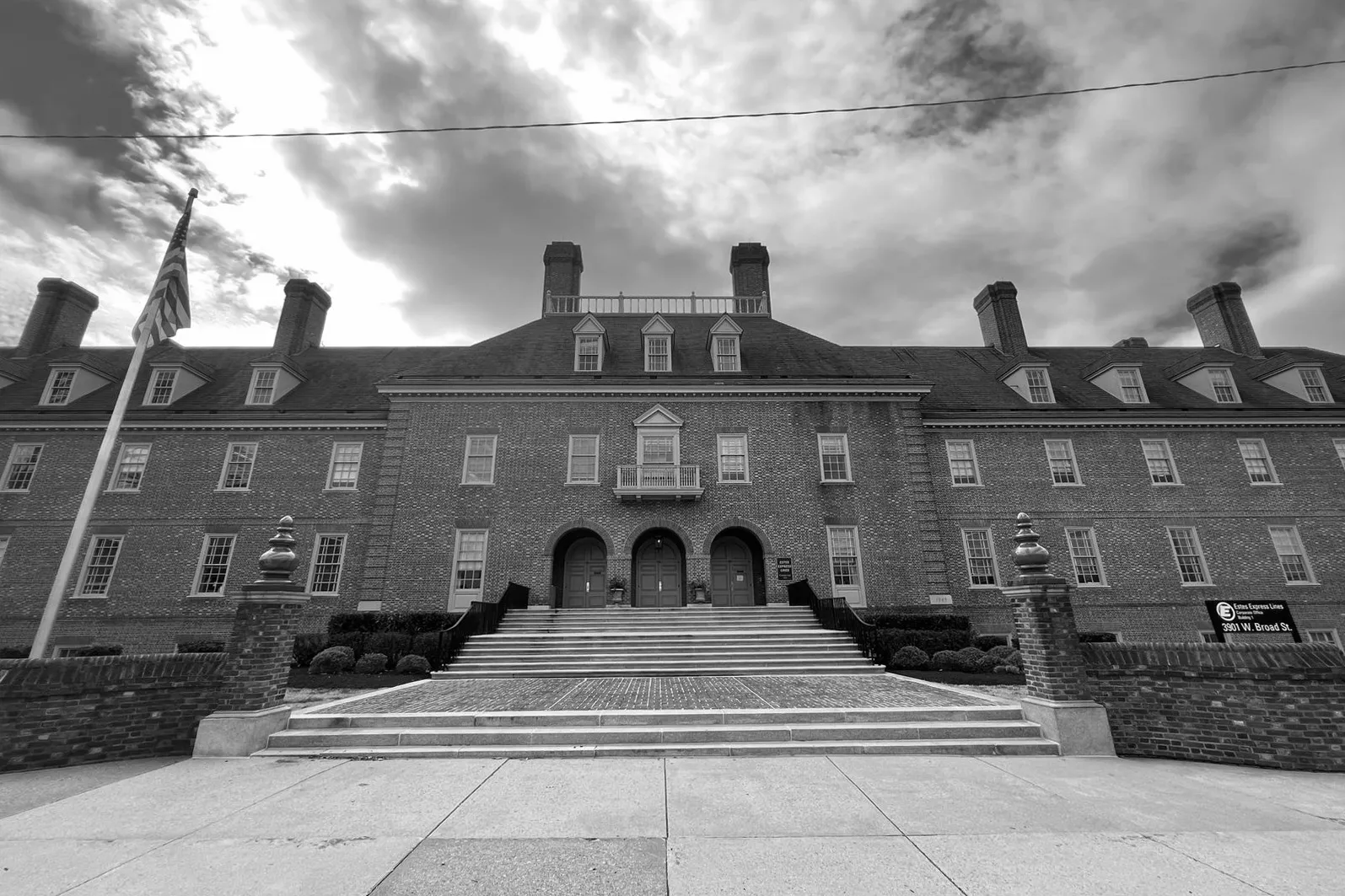
Maintaining proud Virginia roots
The three families’ pride and ambition, and no small amount of hard work and adaptation, helped sustain their companies while Virginia’s railroads “did everything they could” to keep the state’s budding trucking industry from becoming successful, Bennett said.
“They fought hard, and they were very dedicated to the opportunities that they had and could take advantage of,” the state trucking association CEO said.
Estes moved to Richmond in the post-World War II freight boom. Its headquarters since 1998, the former Home Beneficial Life Insurance building, spans a full block of West Broad Street. The Georgian-style, brick building, which hosts Santa Claus on the roof each Christmas, underscores the carrier’s growth and deep ties to the city.
Overnite’s success came despite its longtime policy of only hauling in the south, to avoid competition with Cochrane Transportation, a trucking company Cochrane had previously founded with his brother, Calvin.
“There’s no harm in starting small,” Cochrane advised trucking executives in a 1989 interview with Virginia Trucking, the association’s magazine. “Forget about the Joneses. What’s important is that you just keep improving in what you’re doing.”
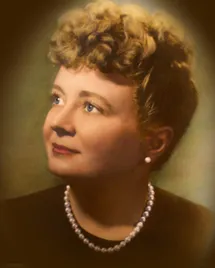
Old Dominion’s name still nods to its local route between Richmond and the steamship piers in Norfolk, where drivers hauled the state’s famous tobacco, as well as paper, coffee and canned goods.
The colonial nickname of Lillian Congdon’s home state, where she and Earl Sr. met in the 1920s and later founded Old Dominion, survived the company’s move to North Carolina after its acquisition of Bottoms-Fiske.
“Over the years … some publications referred to the company as ‘the North Carolina freight line with the Virginia name,’” according to the corporate history. “Even as the company has spread across the country, it remains proud of its original Richmond roots.”


